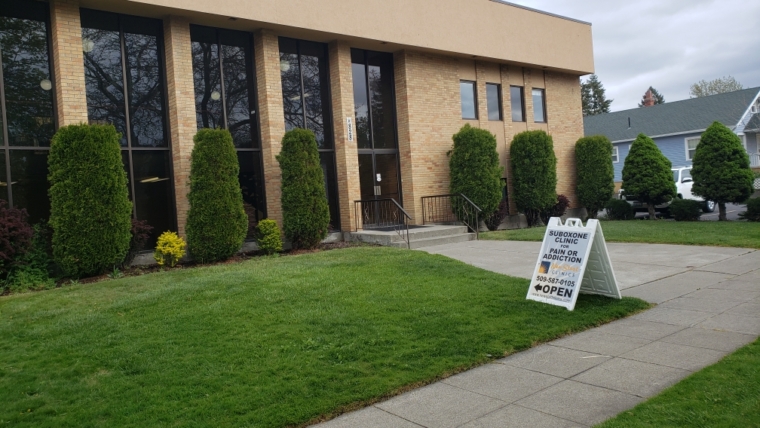Addiction can take a toll not only on the individual but also on their relationships with friends, family, and loved ones. The road to recovery is often filled with challenges, and rebuilding those strained connections requires patience, understanding, and commitment from both parties. In this guide, we’ll explore some insights and tips on how to repair relationships after addiction, with a focus on communication, trust-building, and empathy.
Acknowledge the damage. The first step in rebuilding relationships after addiction is to acknowledge the damage that has been done. This requires honest reflection and an acceptance of responsibility for past actions. It’s essential to understand the impact that addiction has had on your loved ones and to express genuine remorse for any hurt or pain caused.
Effective communication is key to repairing any relationship, especially those strained by addiction. Open up to your loved ones about your struggles, fears, and aspirations. Share your progress in recovery, but also be honest about any setbacks or challenges you may face along the way. Encourage your loved ones to express their feelings and concerns openly, and listen to them with empathy and understanding.
Rebuilding trust takes time and consistency. It’s important to demonstrate through your actions that you are committed to your recovery and to rebuilding the trust that may have been lost. Be reliable and accountable, follow through on your promises, and be transparent about your activities and whereabouts. Trust is fragile, so handle it with care and be patient as you work to rebuild it.
Setting healthy boundaries is essential in any relationship, especially during the recovery process. Clearly communicate your needs and boundaries to your loved ones, and respect theirs in return. This may involve avoiding certain triggers or situations that could jeopardize your recovery, and it’s important to have open and honest discussions about these boundaries to ensure that everyone is on the same page.
Addiction can be a deeply painful and isolating experience, not only for the individual struggling with it but also for their loved ones. Practicing empathy and understanding is crucial in rebuilding relationships after addiction. Try to see things from your loved one’s perspective, validate their feelings, and offer support and encouragement as they navigate their own journey of healing and forgiveness.
Rebuilding relationships after addiction may require the assistance of a professional counselor or therapist who specializes in addiction recovery and family therapy. A trained professional can provide guidance, support, and mediation as you work through issues and rebuild trust and communication within your relationships.
Recovery is a journey, not a destination, and it’s important to celebrate the progress you’ve made along the way. Take time to acknowledge and celebrate your achievements, no matter how small they may seem. Share your successes with your loved ones and express gratitude for their support and encouragement throughout your recovery journey.



